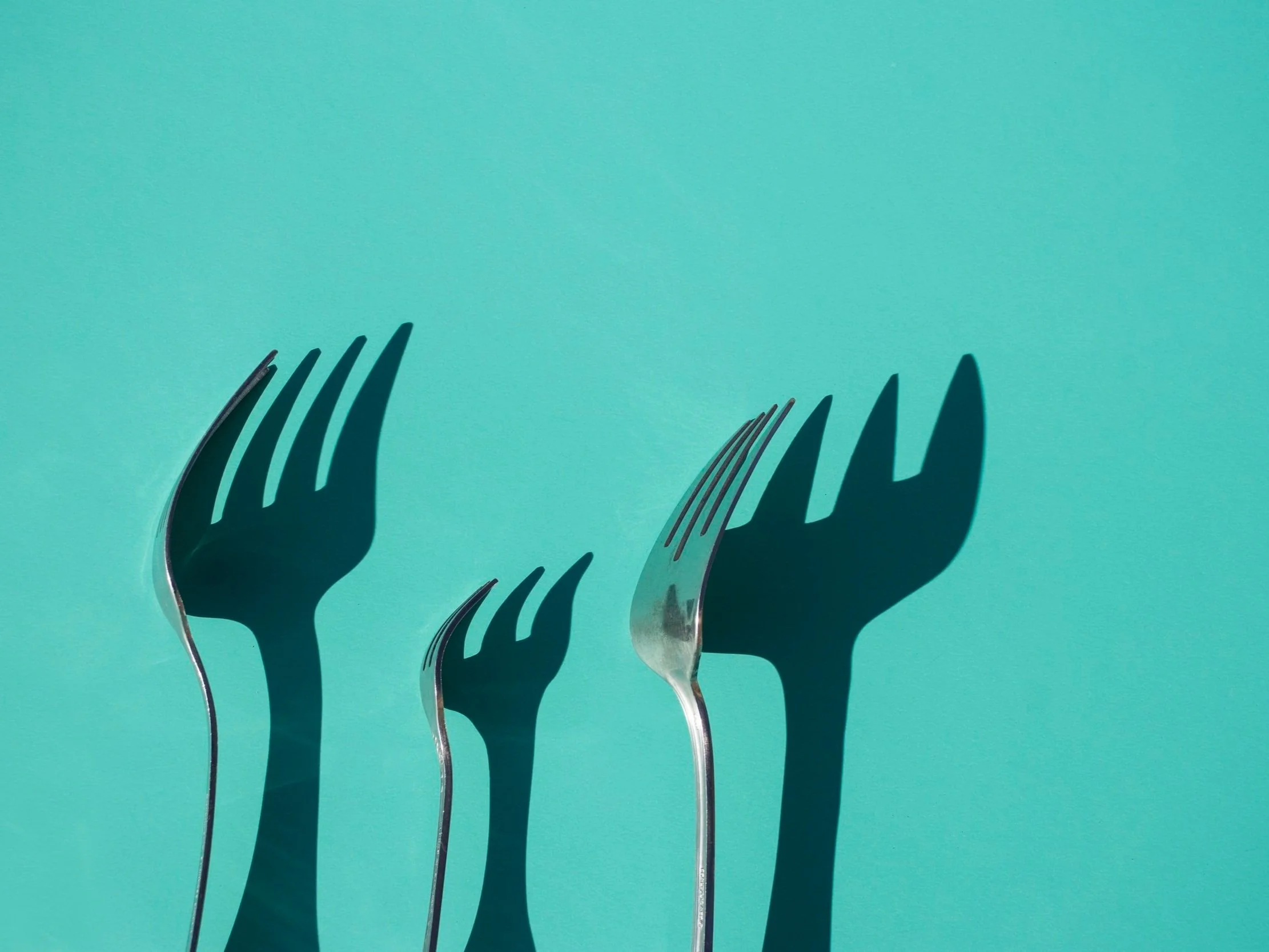Dieting: A slippery slope to disordered eating
“The dirty little secret about the diet industry is that many diets will fail.”
The quote above comes from a Good Housekeeping article that discusses the similarities between diet culture and disordered eating. Where most people think there is a clear delineation between the two and are confident in their ability to spot the difference, the truth is that most diet behaviors, mantras, and flashy slogans can serve as the blueprint for disordered eating and, sometimes, can set the dieter up for a full-blown eating disorder.
Diet double-take
Often we think that if we follow a certain diet, we’re doing something right. We’re part of a community, we feel supported, and we are motivated by visual proof of others who’ve achieved desired results thanks to infomercials and social media. But the people who experience “desired results” from diet regimens aren’t always showing their audience the whole story.
Maybe they took the diet guidelines to an extreme, beyond what is recommended. Maybe they gained the weight back shortly after posting their before-and-after images online. We don’t know the history and intention behind each person’s weight-loss journey. We don’t know their “healthy” weight (or the weight range in which their body is meant to fall based on height, genetics, activity level, and other metabolic factors). We don’t know whether they’ve struggled with disordered eating in the past. And therefore, we can’t be certain whether the same diet will work for our specific body type.
But first, let’s start with the basics.
What is a ‘diet’?
A diet usually involves a change in one’s eating habits for the purpose of losing weight. This change might involve decreasing the number of calories consumed per day, eliminating certain types of food, or restricting the hours during which you allow yourself to eat.
If you do a side-by-side comparison of the signs and symptoms of anorexia nervosa, you’ll notice that dieting looks a lot like the restrictive behaviors of one of the most common types of eating disorders.
When you restrict essential nutrients your body needs to function, your brain’s alarm sensors will go off. Why? Because it thinks you’re starving.
After a period of restricting, these alarms may set off a series of compensatory behaviors, like bingeing at night after a day of restricting, to prevent you from staving to death.
This might sound extreme, but our bodies are much smarter than we give them credit for—we can’t “trick” them into thinking they’re full. They know what is food and what isn’t food, and they know what to do with it.
Physiological effects of dieting
When you start consuming fewer calories than your body needs for basic metabolic activity (i.e., breathing, sitting on the sofa watching Netflix), your brain sends a signal to your thyroid to slow your metabolism in order to conserve energy. This means that if you restrict your food intake, lose weight, and then resume previous eating patterns, you might not only regain the weight you lost but also gain additional weight caused by a slowed metabolism.
Dieting also distracts you from your internal hunger cues because diets are only allowed to listen to external hunger cues—or predetermined rules—that dictate when you can eat and how much you can eat. Mealtime can start to become a moment you obsess over rather than an opportunity for an energy boost or pleasure.
Still, dieters may ask themselves—if everyone else is doing it, how could it be so bad?
What is ‘disordered eating’?
Part of the acceptance of diets and disordered eating comes from the normalization of certain attitudes and dialogue around food. An example is the annual ritual of New Year’s resolutions, which often relate to weight loss after a holiday period of indulgence.
Below are some normalized activities that actually can be considered types of disordered eating (source: The Emily Program) and can possibly lead to an eating disorder later on.
Cleanses
Skipping meals / intermittent fasting
Heightened focus on appearance
Supplements misuse / abuse
Diet pills / water pills / laxative abuse
Fad diets
So when does a diet become disordered eating?
According to the same GH article, 35% of dieting ends up becoming obsessive, and a survey from the University of North Carolina at Chapel Hill revealed 75% of women exhibit eating disorder behaviors without even realizing it.
When the reasons for dieting change from simply losing weight and improving health to something that detracts from these goals, it teeters on the verge of obsession.
Disordered eating can sneak in when there is a subtle shift in eating and exercise habits in any of the following ways:
Adhering to arbitrary food rules, such as only allowing “good foods” and not allowing “bad foods,” or only eating at certain times of the day, regardless of internal hunger cues.
Food decisions are based on external subjective data, such as the number on the scale or dissatisfaction with/misperception of the size of a body part.
You self-punish and/or compensate for eating “bad” foods.
Noticing that numbers become highly prioritized in all areas of life, such as the number of calories consumed within a certain time period, the number of calories burned during exercise, the minutes of exercise completed, clothing sizes, nutritional facts on food labels, etc.
Diet and exercise routines start to interfere with your professional and/or social life.
What’s the difference between disordered eating and eating disorders?
According to a separate GH article, “all eating disorders involve disordered eating, but not all disordered eating is considered an eating disorder.”
Just because you haven’t been officially diagnosed with a medically recognized eating disorder (e.g., anorexia nervosa, binge eating disorder, ARFID, orthorexia nervosa, etc.) doesn’t mean your eating habits aren’t disordered.
If you feel as though your eating and exercise habits have become such strong focuses in your life that they’re interfering with commitments to family, friends, work, and other parts of your life that used to bring you joy, it may be time to take a closer look at why food, exercise, and your body image have taken precedence in your life and whether they’re starting to do more harm than good.
For more clairty, The Emily Program has a quiz that can help you better identify whether your eating habits have tipped over into disordered eating.
A final note about diets
Think about how many diets have stormed into American culture over the past 30 or so years, each promising to be the definitive answer to your dieting woes, to help you “lose the weight and keep it off,” and to finally be the miracle cure to all the diets that never worked for you before.
But ask yourself…if diets worked, why does the diet industry need to keep coming up with new ones? Shouldn’t diets have gone extinct by now?
Pause & Prompt
When I see a diet advertised on TV or social media, I feel…



